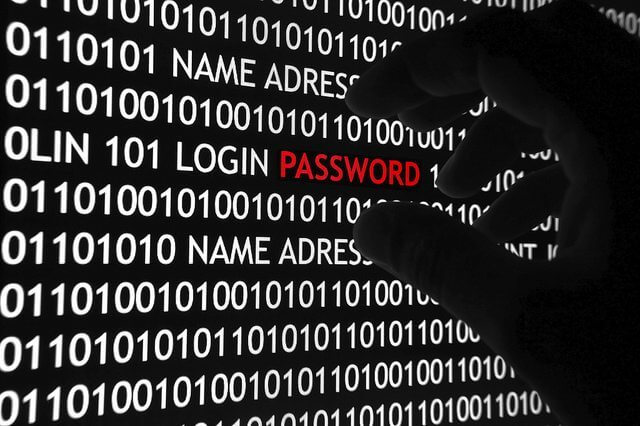For many, the concept of system hacking is foggy, and few know how hackers gain access to computer systems. Cyber attacks have been evolving for decades. Once regarded as exploratory curiosity, hackers would access systems without permission only to see if they could. Hacking has converted over time into aggressive intrusions into computer systems for ill-begotten profit. Now hackers target vulnerable systems and mine for useful data that can be used to make or steal money, or used to commit fraud.
How Do Hackers Gain Access to Computer Systems?
Hackers gain access using a multitude of techniques in order to breach vulnerable computer systems, according to an article in Scientific American. Multiple vector attacks are becoming more and more common, meaning that hackers use multiple platforms order to gain unauthorized access to computer systems. Hackers will use the internet, email, malicious files, and forged cookies to compromise data systems for the purpose of gathering useful and lucrative information and data. Cyber criminals often employ advanced, persistent attacks to compromise systems and then mine the system for valuable data, such as personal identifying information, credit card payment information, and usernames and passwords.
Successful cyber attacks are well-planned, methodical and can take a very long time to fully implement. Hackers who are patient and work slowly to gain access to a system are less likely to be detected. Usually when a hack is detected, it is discovered that the hacker has had access to the system for a long time prior to the discovery of the system intrusion. It is not uncommon for a hacker to have secretly been accessing a computer system for months, or even years, before being found out.
Hackers usually start by identifying a system that has vulnerabilities in it that they can exploit. Next, hackers gains access to the system and test out their access repeatedly to make sure that they can come and go in the system without detection. Once the hacker has consistently accessed the system, the hacker identifies useful information in the system and collects it, thereby breaching the system. Hackers usually employ some sort of malware to automate the data collection process.
Do Everything You Can to Protect Yourself and Your System
Cyber security measures can go a long way towards protecting your computer systems from being attacked and exploited. For instance, consistent use of firewalls, anti-virus software and software updates can help remove vulnerabilities in your system. Similarly, educating those who have authorized access to your computer system about the cyber threats that exist and how to identify them. We’ve written previously on the use of security best practices here.
Contact a Cybersecurity Lawyer
If anything concerning cyber security is consistent, it is that cyber threats and the security measured developed to mitigate those threats are constantly evolving. Data security breaches happen all too frequently, and there will only continue to be more and more instances of data compromise in the future. Revision Legal is on the cutting edge of cyber security law and can help you deal with the aftermath of a security breach. Contact the experienced data breach attorneys at Revision Legal using the form on this page or call us at 855-473-8474.
Image credit to Flickr user smart–ed.




